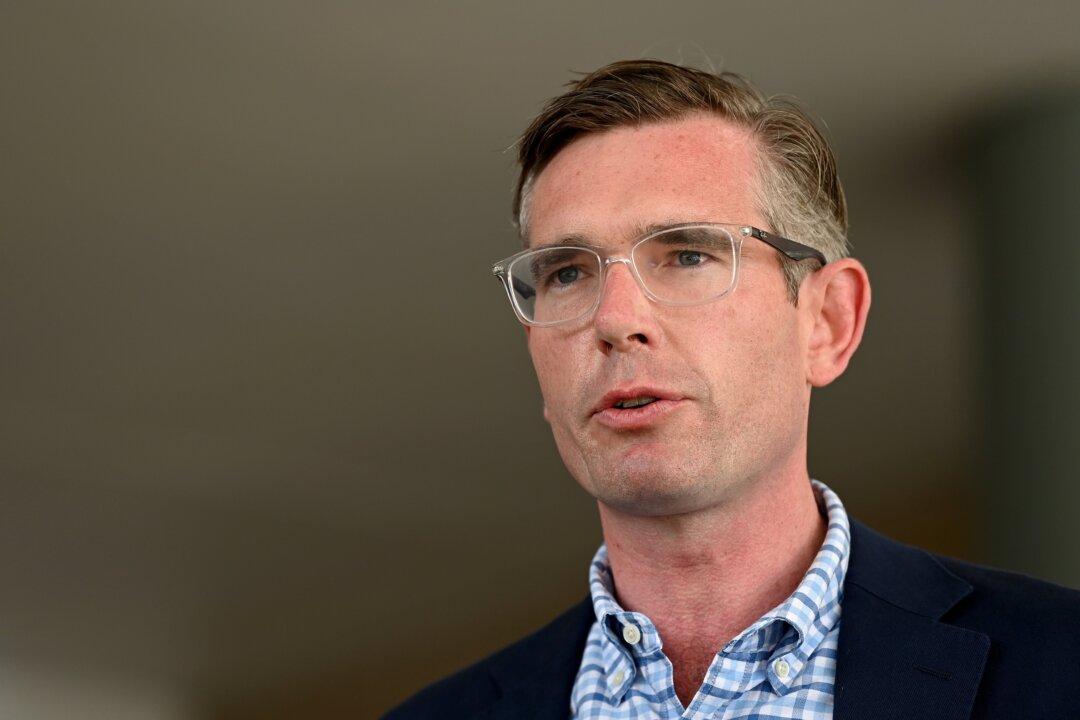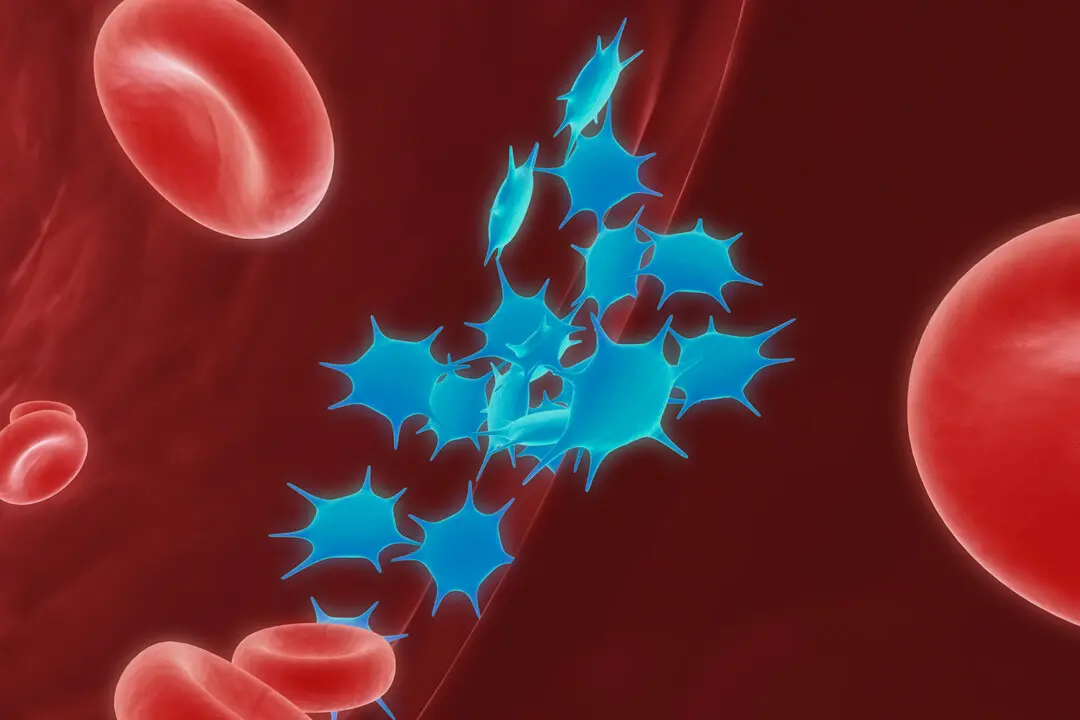The New South Wales Premier Dominic Perrottet has introduced new COVID-19 restrictions, and vaccine mandates as the state’s Omicron COVID-19 case numbers continue to rise.
“We’re dealing with a highly transmissible variant, but fortunately, it appears to be a much less severe form of COVID-19, and our high vaccination rates are clearly helping to keep people safe,” Perrottet said.





